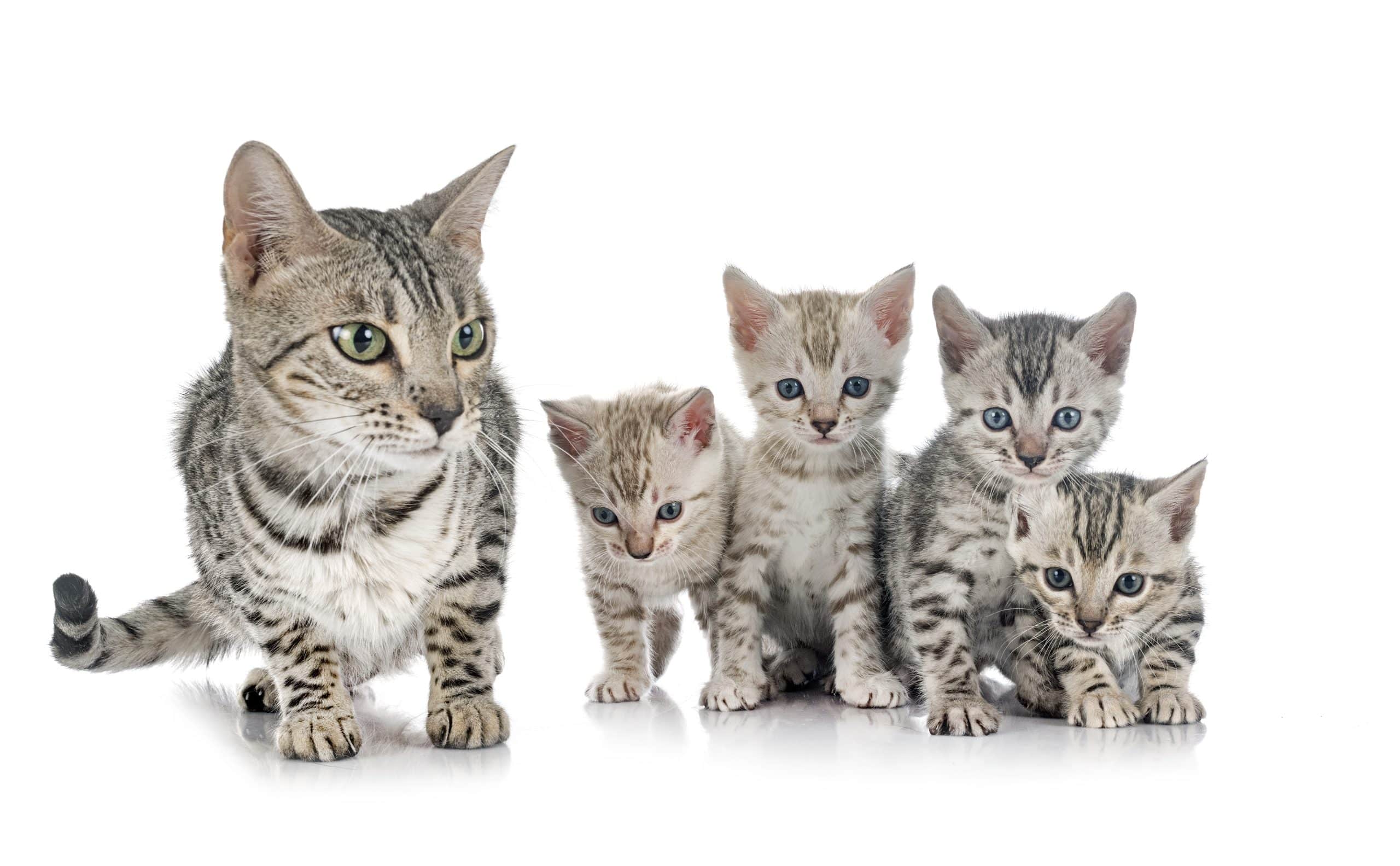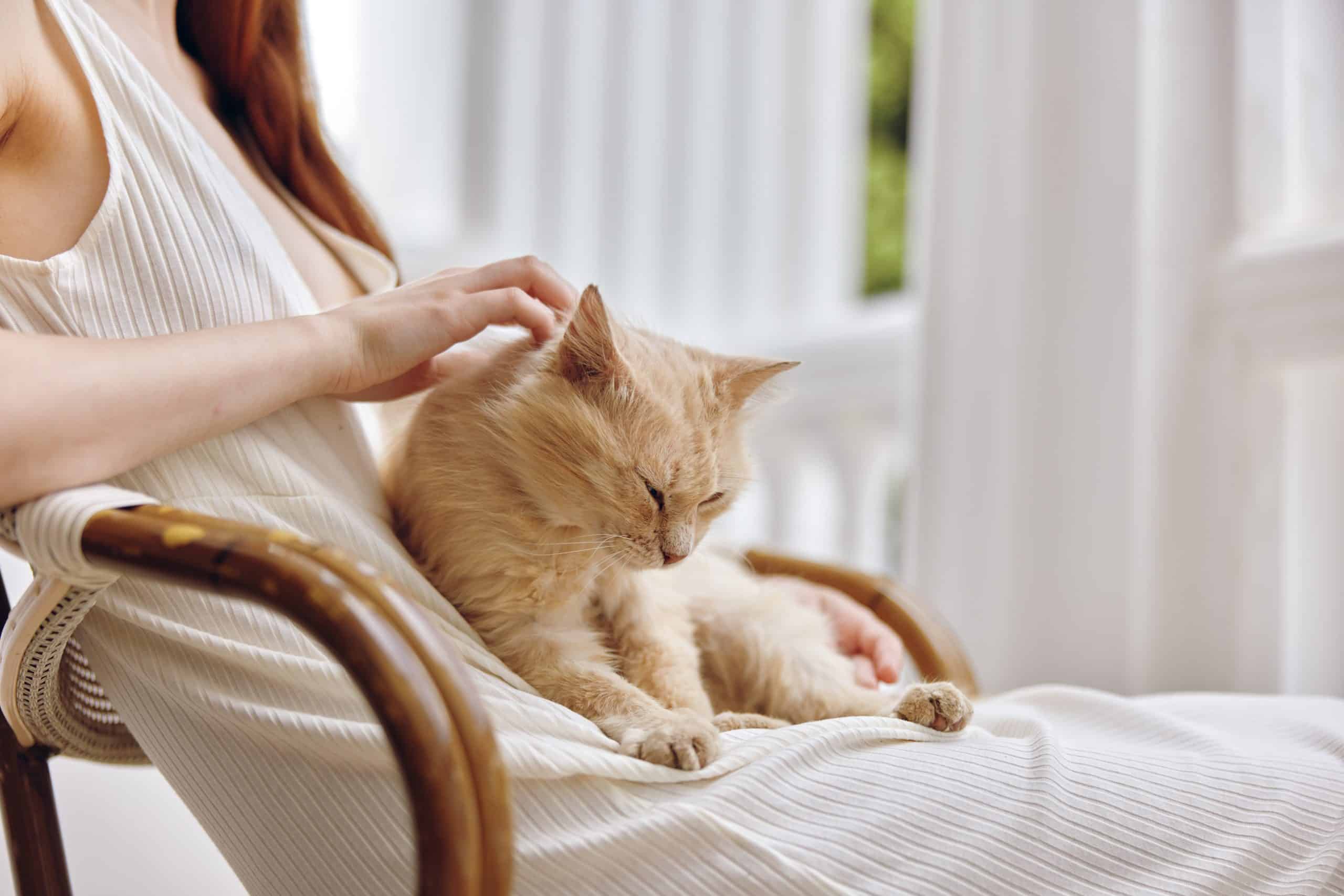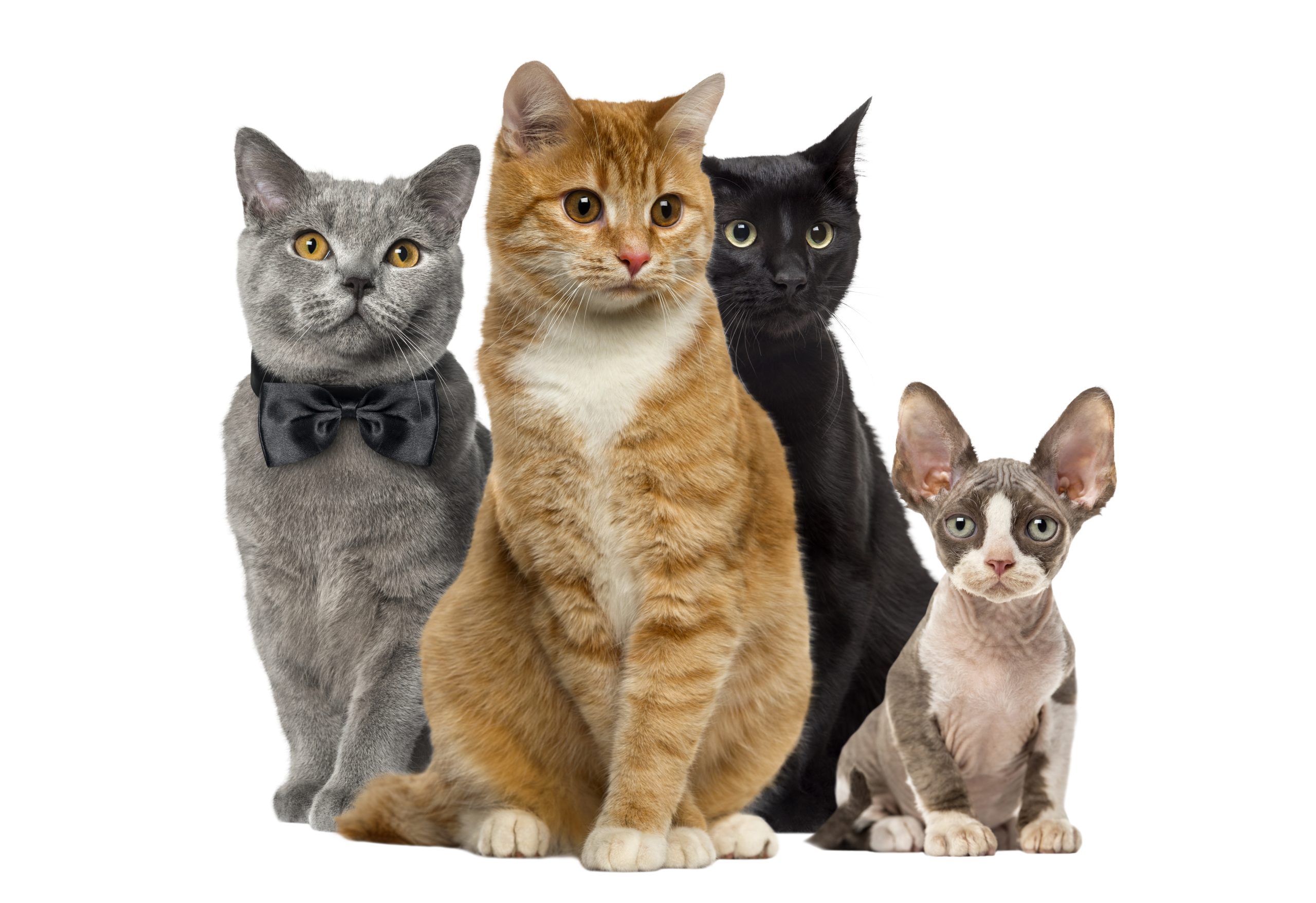A kitten generally transitions into a cat around the age of one year, though the exact age can vary depending on several factors such as breed, size, and individual development. Here’s a breakdown of the stages of a kitten’s growth and what to expect as they mature:
Stages of Development
Neonatal (0-2 weeks):
- Kittens are born blind and deaf, relying on their mother for warmth and nutrition.
- They begin to open their eyes around 7-10 days old and start to hear around the second week.
Socialization (2-7 weeks):
- Kittens start to interact with their littermates and environment.
- They learn essential social and motor skills.
- Weaning begins around 4-5 weeks.
Early Development (7-14 weeks):
- This is a critical period for socialization with humans and other animals.
- Kittens become more playful and adventurous.
- They start to develop their coordination and hunting skills.
Late Development (3-6 months):
- Kittens continue to grow rapidly and refine their motor skills.
- Teething occurs, and adult teeth replace baby teeth.
- Spaying or neutering is typically recommended during this period.
Adolescence (6-12 months):
- Kittens reach sexual maturity and may exhibit adult behaviors like marking territory or showing interest in mating.
- Physical growth slows down, and they start to fill out and develop muscle tone.
Full Maturity
- 1 Year and Beyond: By the age of one year, most cats are considered to have reached adulthood in terms of physical growth and behavior. They have generally:
- Reached their full size (though some larger breeds, like Maine Coons, may continue to grow for another year or two).
- Developed adult teeth and established feeding patterns.
- Settled into a more predictable behavior pattern, though they may retain some playful kitten-like behaviors.
Factors Influencing Development
- Breed: Some breeds mature more slowly than others. For instance, larger breeds like Maine Coons can take up to 3-4 years to fully mature.
- Nutrition and Health: Proper diet and healthcare can influence the rate at which a kitten grows and develops.
- Environment: Kittens that have positive interactions with humans and other animals are likely to be well-socialized and confident adults.
Behavioral Signs of Adulthood
- Decreased Playfulness: While adult cats still play, their playfulness generally decreases compared to their kitten stage.
- Territorial Behavior: Adult cats may start to show more pronounced territorial behaviors.
- Grooming and Sleep Patterns: Adult cats have established grooming habits and sleep routines.
In summary, while a kitten is generally considered a cat at around one year of age, the transition from kitten to cat is a gradual process influenced by breed, health, and environment.










